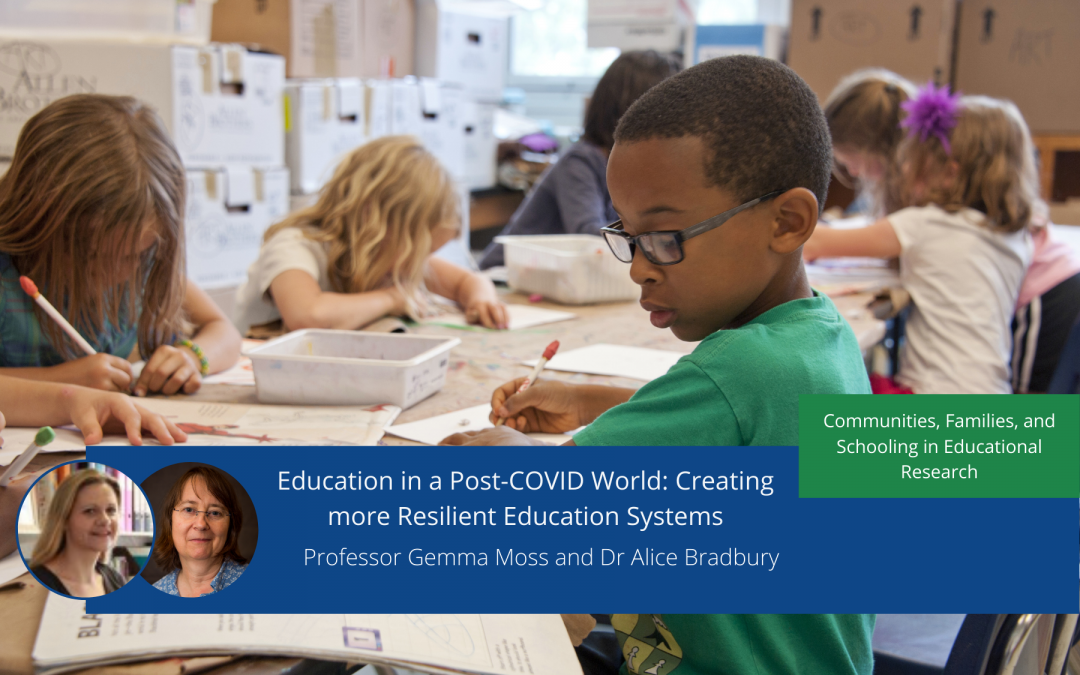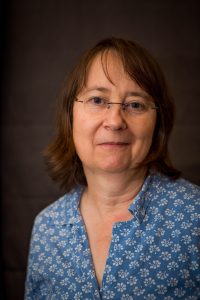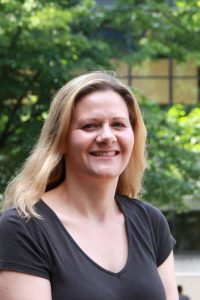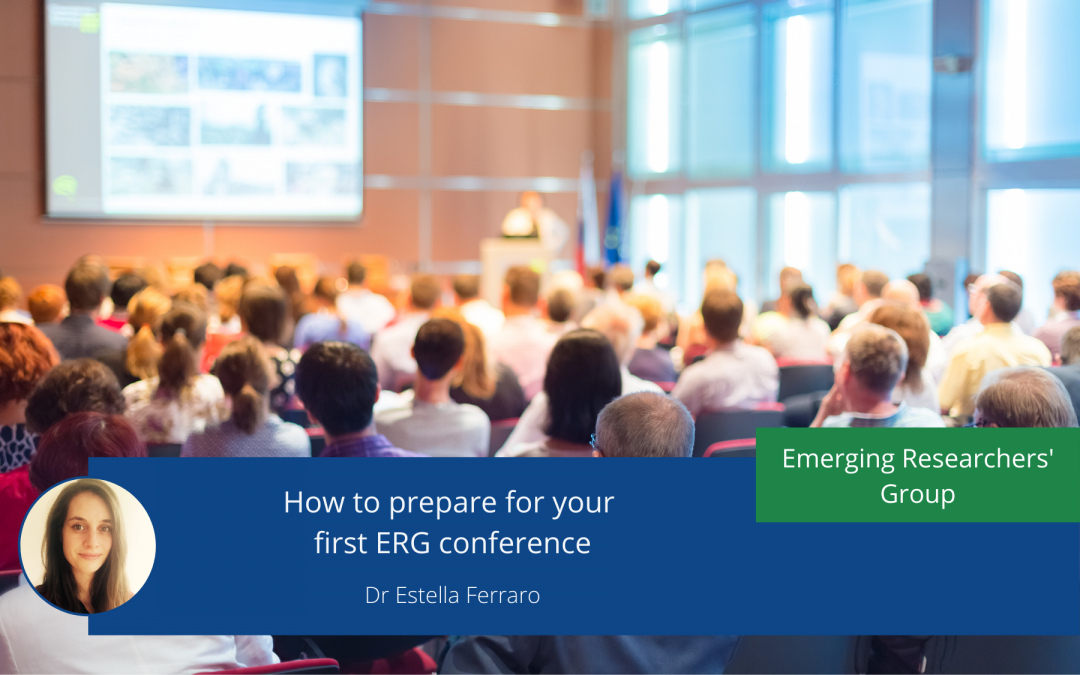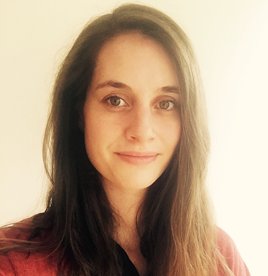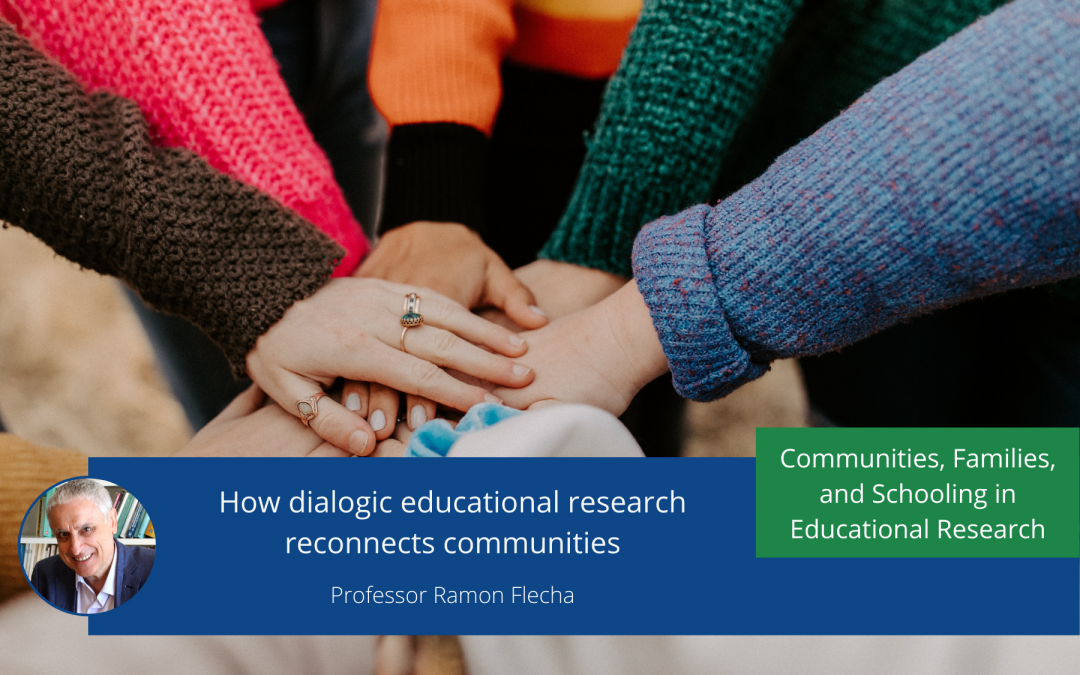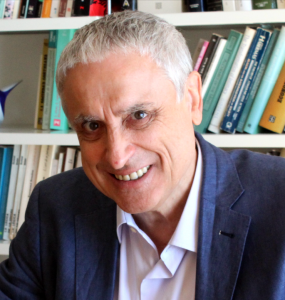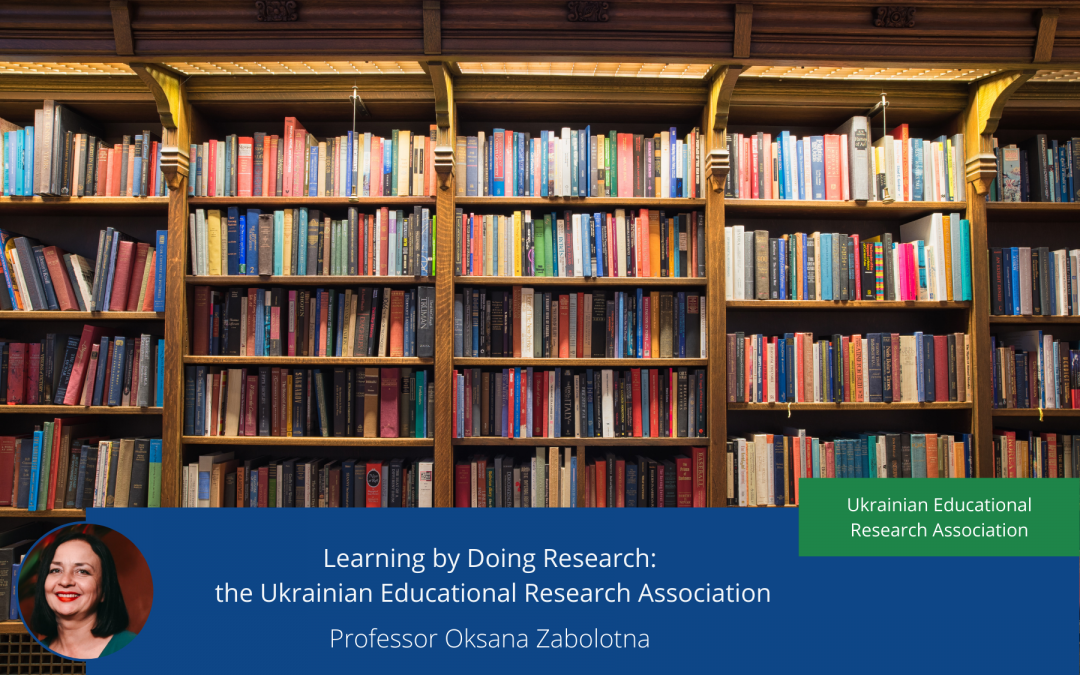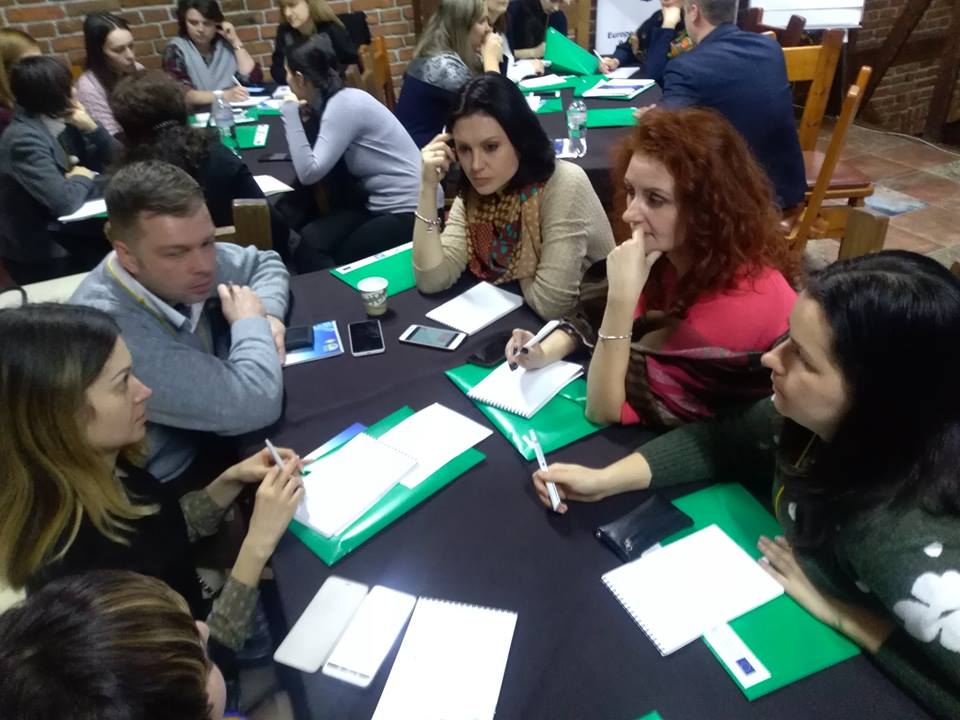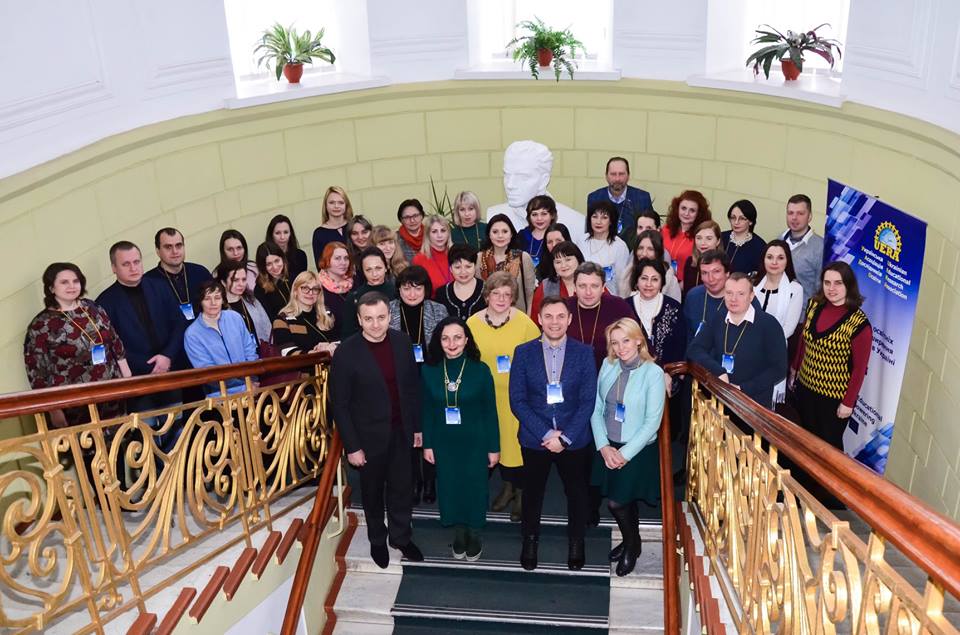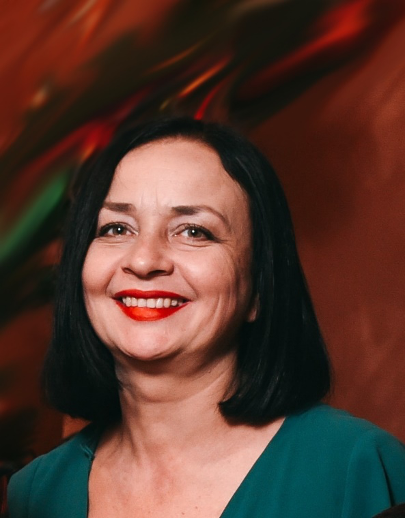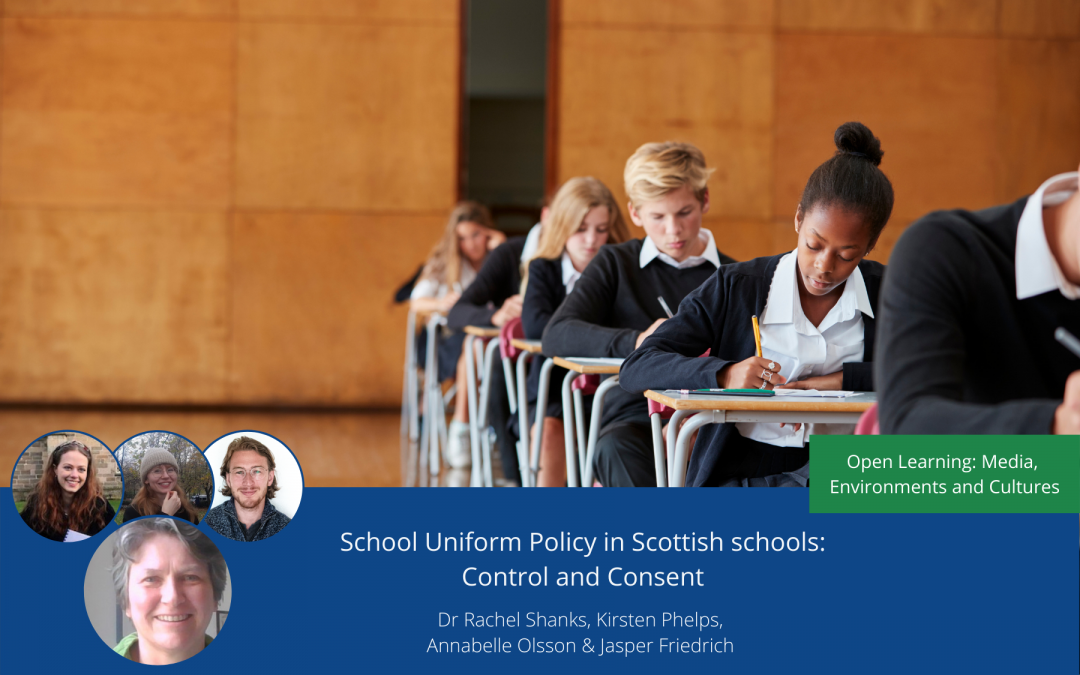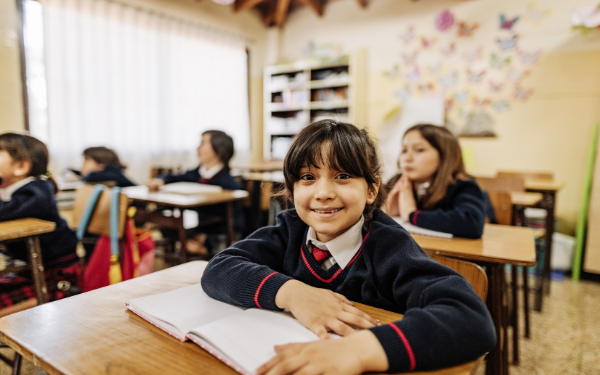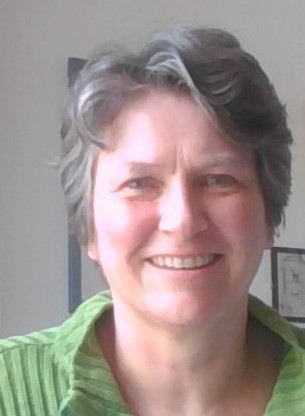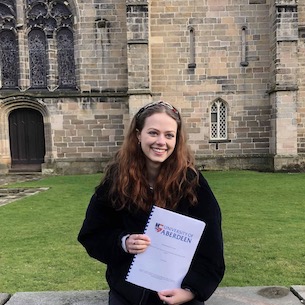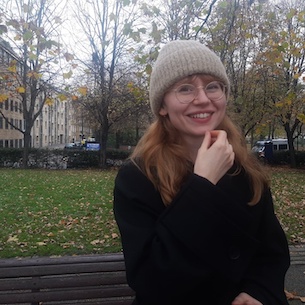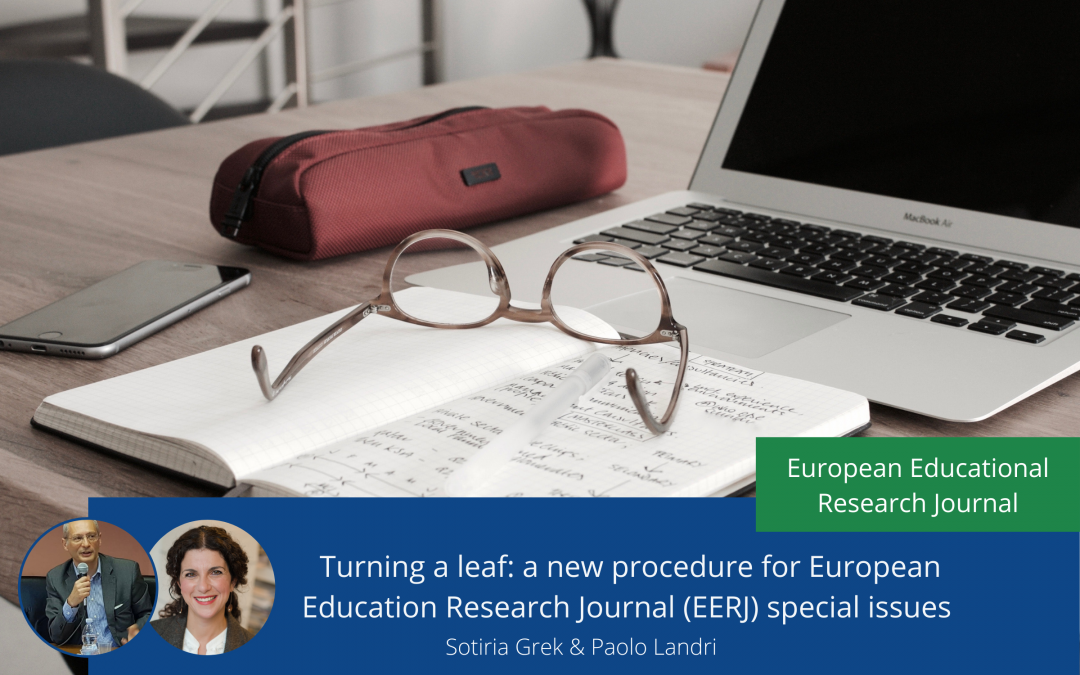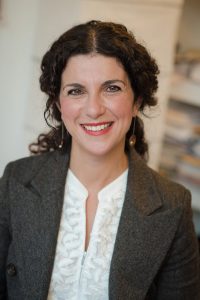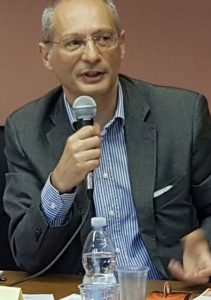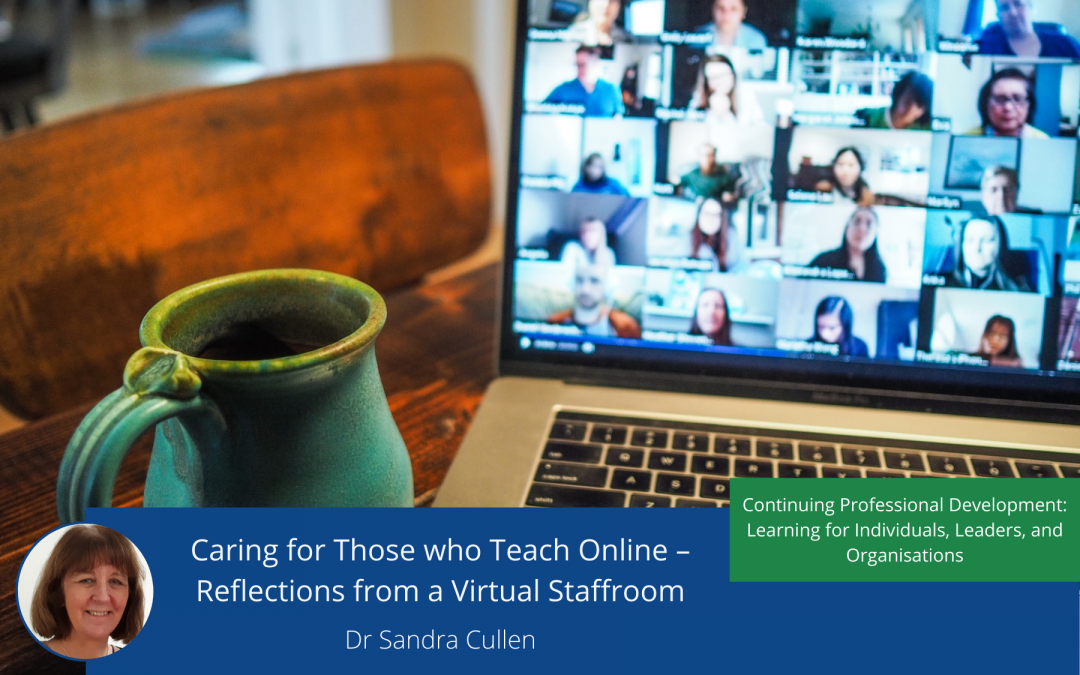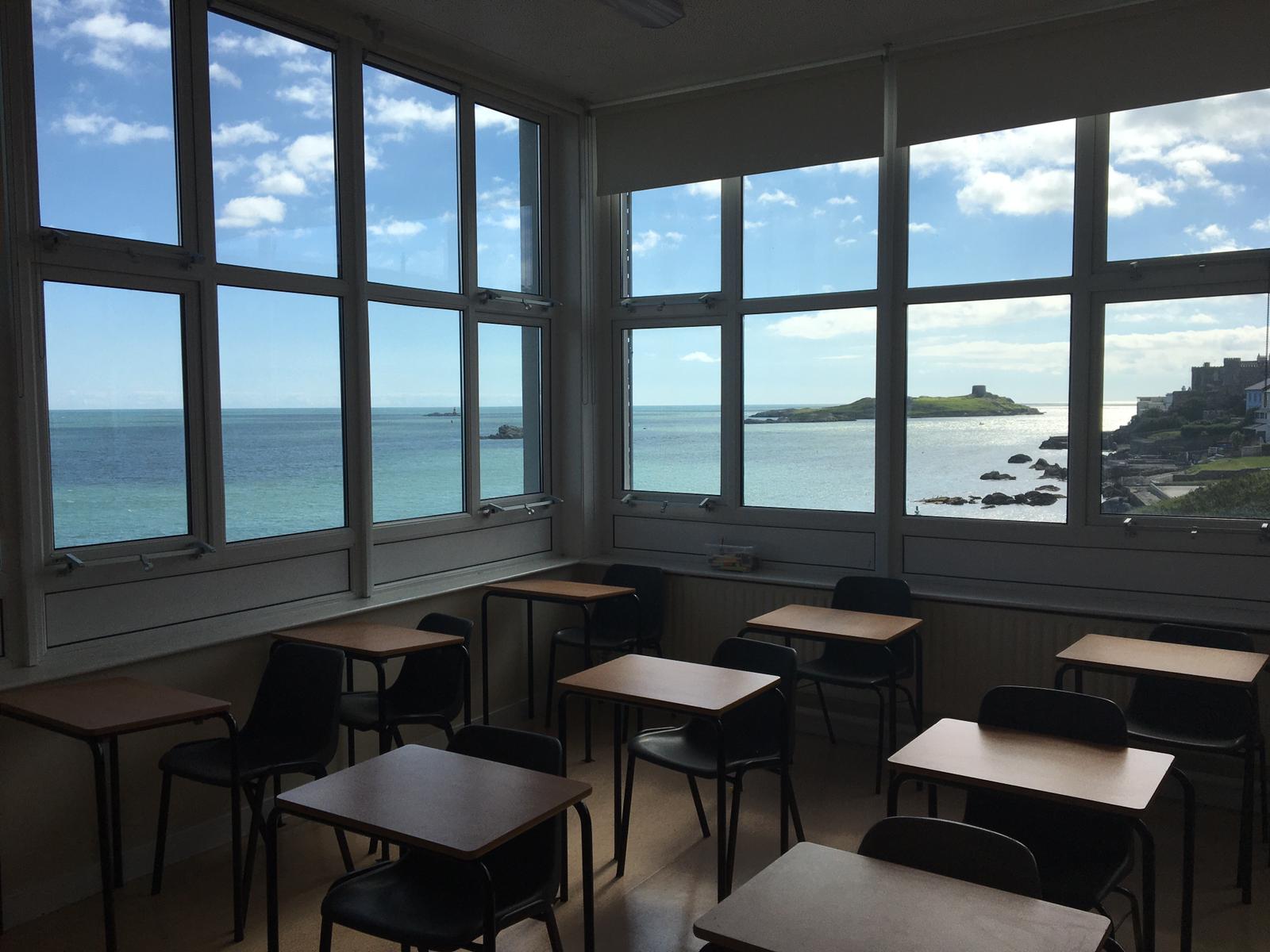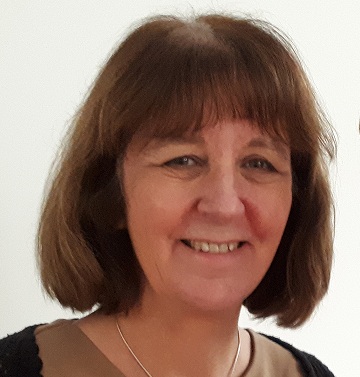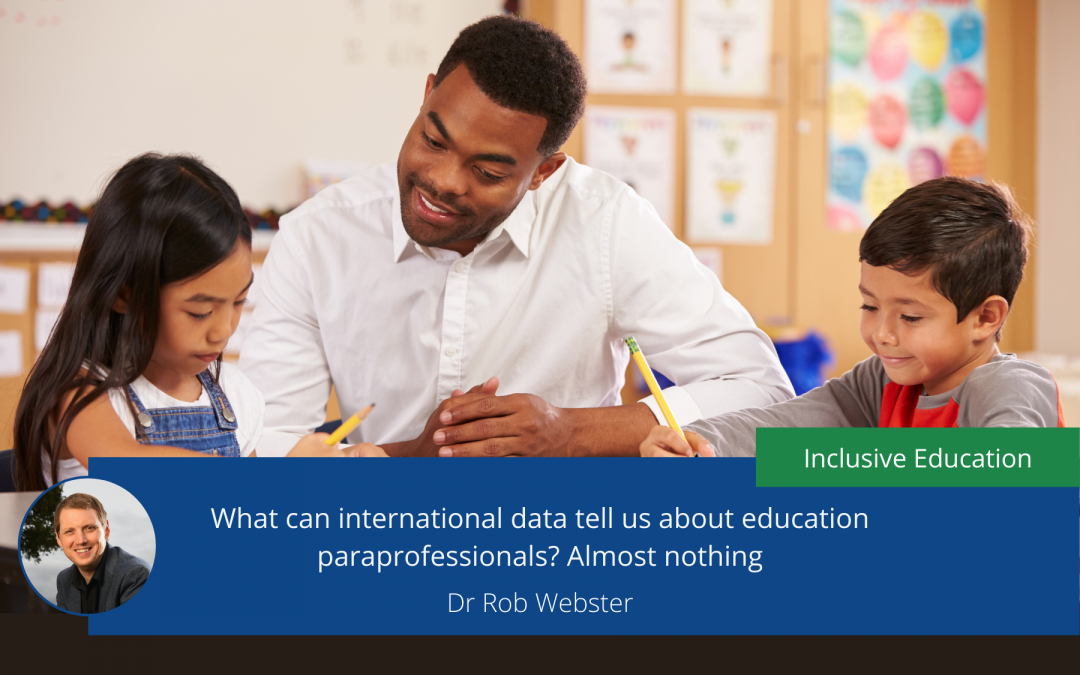
What can international data tell us about education paraprofessionals? Almost nothing
In many schools and classrooms across the globe, the drive towards the inclusion of pupils with special educational needs (SEN) in mainstream schools has become contingent on the creation and utilisation of a relatively new paraprofessional workforce, known variously as teaching assistants or teacher aides (TAs). It is claimed that in many countries, policies of mainstreaming pupils with SEN rely heavily on this ‘non-teaching’ workforce (Masdeu Navarro, 2015).
The intertwining of inclusion and TAs leads to the view that TAs have become ‘the mortar in the brickwork … hold[ing] schools together in numerous and sometimes unnoticed ways’ (Webster et al., 2021, p2). Its relative intuitiveness – more individualised support for pupils that struggle most – is arguably why it is the model of choice for education systems and schools striving for inclusion and why it has replicated itself more successfully than just about any other model.
Despite all this, there are virtually no macro-level data on the characteristics, role, and contribution of TAs and their relationship to and impact on inclusion. The most influential international study on schools and classrooms, the Organisation for Economic Co-operation and Development’s (OECD) Teaching and Learning International Survey (TALIS), is lauded by policymakers and researchers of advanced nations for the richness of its data and the detailed insights it provides. It, however, has vanishing little say about TAs.
The third and most recent wave of TALIS from 2018 – which involved over 275,000 respondents from 31 countries (OECD, 2021a) – stated that ‘teacher aides [and] pedagogical support staff … were not considered to be teachers and, thus, not part of the TALIS international target population’ (OECD, 2021b). Leaving aside whether there is, or there ought to be, an equivalence between TAs and teachers, the decision to exclude TAs from TALIS matters. Not just, I would argue, in and of itself, but because other high-level analyses of education rely on the data it collects, such as the authoritative Global Education Monitoring (GEM) annual report (which is hosted and published by UNESCO).
The focus of the 2020 GEM report was inclusion, yet it was unable to report much at all about TAs because ‘data on teaching assistants is limited, even in high-income countries’ (UNESCO, 2020, p300). The report concluded that ‘comparable international data on inclusion-related use of support personnel are not generally available’ (UNESCO, 2020, p306).
Elsewhere, a rare international survey, commissioned by Education International (the global union federation of teacher trade unions), of the characteristics, employment and working conditions of just over 3,000 ‘education support personnel’ [ESP] – a group among which TAs are prominent – concluded: ‘there are significant gaps in the knowledge and understanding of ESP: who they are, what they do, and what they need to do their jobs effectively’ (Butler, 2019, p1).
If recent trends are anything to go by, and as the near-global drive towards inclusion continues, large amounts of public money will be spent on employing more and more TAs. In England, for example, school census data show that 28% of the school workforce are employed as TAs (and 35% of the primary schools’ workforce)1. However, there are no public data on what this costs or to what extent it represents value for taxpayers’ money. Such questions can be both reductive and a rather blunt way of quantifying TAs’ highly nuanced contributions to education. Nonetheless, these are the kinds of questions that motivate policymakers and imply a prima facia case for national governments to show as much interest in the working lives, practices, and perspectives of TAs as they do in those of teachers.
For this reason, in a paper for an upcoming special issue of the European Journal of Special Needs Education2, guest editors Anke de Boer (University of Groningen) and I, call for the OECD to extend TALIS in ways that reflect, and are proportionate to, the global trend towards employing and deploying TAs in educational settings (Webster & de Boer, 2021).
Many of the themes selected for inclusion in the 2018 TALIS survey are relatable to the lives of TAs:
-
- instructional practices
- professional practices
- initial preparation for the role
- school climate
- job satisfaction
- human resource issues
- stakeholder relations
- career opportunities
- professional responsibility and autonomy.
At the more basic but nonetheless essential, descriptive level, a survey of TAs would be able to track demographic trends relating to equality, diversity, and representation. Crucial, you would think, for a role synonymous with inclusion.
UNESCO Global Education Monitoring reports ‘serve as a foundation for evidence-based advocacy to promote progress towards SDG 4’ (the fourth Sustainable Development Goal on education) (OECD, 2021c). The 2020 report on inclusion points to how a broader ‘shortage of data on teachers’ from countries that are not included in TALIS represents one of three ‘data gaps remain[ing] in key areas of the SDG 4 monitoring framework’ (UNESCO, 2020, p198). The macrodata gap relating to TAs can be seen as part of the same issue. Providing and sharing the robust evidence needed to underpin policymaking and practice, and to hold world leaders to account, are essential if we are to achieve SDG 4. Progress will be all the slower, if not unworkable, without a coordinated and consolidated data collection effort that incorporates and reflects the role and contribution of TAs.
In our paper, we argue that the potentially transformative ideas for improving policy and practice in relation to TAs exist in the skillful accumulation, harmonisation, and utilisation of data at the macro, meso, and micro levels. Expanding an existing data collection effort that is funded by, and maps education labour force trends in, the world’s most advanced economies seems to us a good place to start.
The next cycle of TALIS, due in 2024, is perhaps the first opportunity to pilot a survey for TAs in a select number of territories where they are a well-established part of the school workforce.
Survey items could be limited to questions drawn from several of the most relatable themes from the teacher survey (see above), and trialled in countries such as the US, the UK, Norway, and Finland; countries that are not only above the OECD average in terms of TA-pupil ratio (7.3 TAs per 1,000 pupils) (Masdeu Navarro, 2015), but also have large enough numbers of TAs from which a meaningful sample can be drawn. We might extend our pilot to Brazil, Chile, France, the Netherlands, and Sweden, which interrogation of the most recent OECD data from 2018 suggests also have sufficiently sizable and sampleable TA populations across both primary and secondary education (OECD, 2021d).
A successful pilot could lead to approaches which, within a couple of TALIS cycles, are capable of producing the kind of data on TAs that have impressively – and in relatively short order – transformed and enhanced our understanding of teachers and teaching.
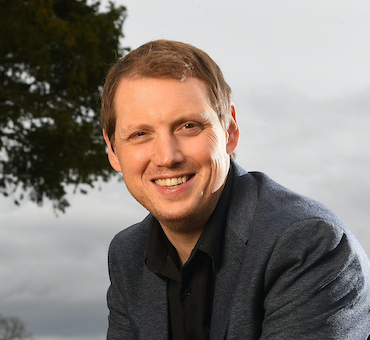
Dr Rob Webster
Associate Professor at UCL Institute of Education, UK
Dr Rob Webster is an Associate Professor at UCL Institute of Education, UK. He was part of the research team that conducted the world’s largest study of teaching assistants: the ground-breaking Deployment and Impact of Support Staff project. Rob writes extensively on the role of teaching assistants, and he also created the award-winning Maximising the Impact of Teaching Assistants programme for schools (maximisingtas.co.uk). Prior to research, Rob worked as a teaching assistant in mainstream and special schools.
Website: www.rob-webster.com
Twitter: https://twitter.com/RobWebster_
http://orcid.org/0000-0003-1416-4439
Further Reading
Notes
- Department for Education (2021) School Workforce in England: November 2019. Available at: https://explore-education-statistics.service.gov.uk/find-statistics/school-workforce-in-england (accessed 09.03.21).
- A special issue of the European Journal of Special Needs Education entitled ‘Teaching assistants: Their role in the inclusion, education and achievement of pupils with special educational needs’ will be published in April 2021. It draws together research and perspectives on the role, deployment and impact of TAs from six European countries.
References
Butler, P. (2019) Understanding the invisible workforce. Education support personnel’s roles, needs and the challenges they face. Brussels: Education International. Available online: https://issuu.com/educationinternational/docs/research_esp_final_report. Accessed: 04.02.21.
Masdeu Navarro, F. (2015). Learning support staff: A literature review. OECD Education Working paper no.125. Available online: https://doi.org/10.1787/5jrnzm39w45l-en. Accessed: 11.02.21.
Organisation for Economic Co-operation and Development (2021a) TALIS FAQ. Available online: https://www.oecd.org/education/talis/talisfaq/. Accessed: 04.02.21.
Organisation for Economic Co-operation and Development (2021b) Annex A. Technical notes on sampling procedures, response rates and adjudication for TALIS 2018. Available online: https://www.oecd-ilibrary.org/sites/1d0bc92a-en/1/3/1/index.html?itemId=/content/publication/1d0bc92a-en&_csp_=1418ec5a16ddb9919c5bc207486a271c&itemIGO=oecd&itemContentType=book. Accessed: 04.02.21.
Organisation for Economic Co-operation and Development (2021c) The Global Education Monitoring Report, in brief. Available online: https://en.unesco.org/gem-report/about. Accessed: 04.02.21.
United Nations Educational, Scientific and Cultural Organization (2020) Global Education Monitoring Report 2020: Inclusion and education: All means all. Paris: UNESCO. Available online: https://en.unesco.org/gem-report/report/2020/inclusion. Accessed: 04.02.21.
Webster, R. Bosanquet, P., Franklin, S. & Parker, M. (2021) Maximising the impact of teaching assistants in primary schools: Guidance for school leaders. Oxon: Routledge http://maximisingtas.co.uk/our-books.php
Webster, R. & de Boer, A. (2021) ‘Where next for research on teaching assistants: The case for an international response’. European Journal of Special Needs Education, 36(2). https://doi.org/10.1080/08856257.2021.1901368

